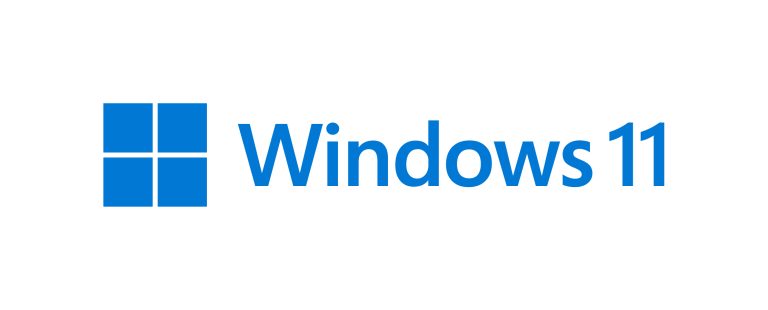
Today, Microsoft unveiled its financial results for the fourth quarter of fiscal year 2024, reporting a revenue of $64.727 billion, a 15% increase from $56.189 billion in the same period last year. This figure not only surpasses Microsoft’s previous forecast range of $63.5 billion to $64.5 billion but also exceeds the market expectation of $64.52 billion. Additionally, net profit reached $22.036 billion, reflecting a 10% growth from last year’s $20.081 billion, with diluted earnings per share rising 10% to $2.95 from $2.69 in the prior year.
Breaking down the revenue by business segment, the Productivity and Business Processes segment generated $20.3 billion, an 11% year-over-year increase. The Intelligent Cloud segment’s revenue was $28.5 billion, up 19%, while the More Personal Computing segment earned $15.9 billion, growing 14% year-over-year. Furthermore, in the first quarter of fiscal year 2024, Microsoft returned $8.4 billion to shareholders through share repurchases and dividends.
Microsoft also disclosed its full-year fiscal 2024 results, revealing revenue of $245.122 billion, a 16% rise from $211.915 billion in the previous fiscal year. Net profit amounted to $88.136 billion, up 22% from $72.361 billion, with diluted earnings per share also increasing 22% to $11.80. Specifically, the Productivity and Business Processes segment reported revenue of $77.728 billion, compared to $69.274 billion in the prior fiscal year. The Intelligent Cloud segment generated $105.362 billion, up from $87.907 billion, and the More Personal Computing segment earned $62.032 billion, up from $54.734 billion.
Microsoft Chairman and CEO Satya Nadella stated that the robust performance this fiscal year underscores both Microsoft’s innovation and the trust placed in the company by its customers. Looking ahead to the first quarter of fiscal year 2025, Microsoft CFO Amy Hood projected Azure revenue growth between 28% and 29% year-over-year, with accelerated revenue growth expected in the latter half of the fiscal year, although this outlook fell short of analysts’ expectations.
Additionally, Microsoft announced it would distribute one-time performance bonuses to employees, ranging from 10% to 25% of the standard year-end bonus.


